Destinations Offer Quality IVF Medical Tourism Options
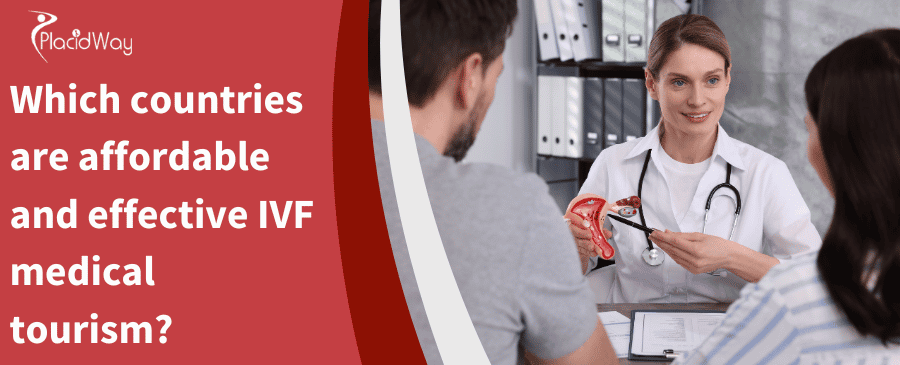
For many individuals and couples, the journey to parenthood can be filled with challenges, and In Vitro Fertilization (IVF) offers a path forward. However, the cost of IVF treatment in many Western countries can be prohibitive, leading a growing number of patients to explore medical tourism options. The idea of traveling abroad for fertility treatment, while initially daunting, presents a compelling solution that combines affordability with access to high-quality medical care and advanced technologies.
Choosing the right destination for IVF medical tourism involves more than just finding the lowest price. It requires a careful balance of cost-effectiveness, clinical success rates, the expertise of medical professionals, the legal framework surrounding fertility treatments, and the overall patient experience. Factors like the availability of donor eggs or sperm, specific legal restrictions, and the level of personalized care can significantly influence a patient's decision. This guide aims to shed light on countries that have become prominent destinations for affordable and effective IVF medical tourism, helping aspiring parents make informed choices on their path to building a family
Which countries are known for affordable IVF treatments?
The cost of an IVF cycle can vary widely across different countries. For many patients, affordability is a primary driver for seeking treatment abroad. Several countries have established themselves as leaders in providing cost-effective IVF options without compromising on the quality of care. Here's a look at some of the most budget-friendly destinations:
- India: Often cited as one of the cheapest IVF destinations globally, For IVF in India offers state-of-the-art clinics and experienced specialists. A basic IVF cycle can range from $2,000 to $3,500 USD.
- Turkey: With a balance of affordability and high-quality clinics, Turkey is a popular choice. IVF costs typically range from $2,200 to $4,000 USD per cycle.
- Mexico: Convenient for North American patients, Mexico provides quality care at reasonable prices, with basic IVF costing between $3,500 and $5,000 USD.
- Greece: This European destination combines affordable prices with advanced clinics, with IVF cycles ranging from €2,500 to €3,500 EUR (approximately $2,700 to $3,800 USD).
- Czech Republic: Known for competitive prices and adherence to EU medical standards, IVF here can cost between €2,500 and €4,000 EUR (approximately $2,700 to $4,300 USD).
- Cyprus (North Cyprus): Offers affordable treatment options, with IVF costs typically between $3,500 and $4,800 USD.
It's important to remember that these are base costs for a standard IVF cycle and may not include medications, additional procedures like ICSI, or genetic testing.
Which countries offer high IVF success rates?
While cost is important, the effectiveness of the treatment, measured by success rates, is equally crucial. Several countries are recognized for their competitive IVF success rates, often due to advanced technology, skilled specialists, and favorable legal frameworks:
- Spain: Known for advanced technology and liberal fertility laws, Spain boasts high success rates, especially for donor-egg cycles (around 55-60%).
- Greece: Combines affordability with high success rates, with reported pregnancy rates often exceeding 50-60% per cycle for younger patients.
- Czech Republic: Adheres to strict EU medical standards and has a high success rate, particularly for egg donation treatments.
- Turkey: For IVF in Turkey has a focus on advanced technologies and experienced specialists, Turkey reports success rates nearing 70% in some clinics.
- South Korea: Gaining recognition for its technological advancements and highly skilled specialists, with IVF success rates among the highest globally.
It's vital to note that success rates can vary significantly based on a patient's age, the specific clinic, and the type of IVF procedure.
What is the average cost of a basic IVF cycle in affordable countries?
Understanding the average cost helps in budgeting for your IVF journey. While prices fluctuate, here's a general overview of the cost of a basic IVF cycle in some popular affordable destinations:
| Country | Average Basic IVF Cost (USD) | Notes |
|---|---|---|
| India | $2,000 - $3,500 | Highly competitive, advanced clinics |
| Turkey | $2,200 - $4,000 | High success rates, minimal waiting times |
| Mexico | $3,500 - $5,000 | Convenient for North American patients |
| Greece | $2,700 - $3,800 (approx. €2,500 - €3,500) | High success rates, relaxed legal framework |
| Czech Republic | $2,700 - $4,300 (approx. €2,500 - €4,000) | EU standards, good for egg donation |
| Cyprus (North Cyprus) | $3,500 - $4,800 | Gender selection available, no waiting lists |
| Colombia | $3,500 - $5,000 | Emerging destination, modern clinics |
| Azerbaijan | $2,500 - $3,200 | Very affordable, favorable laws |
It's crucial to get a detailed quote from the clinic, clarifying what is and isn't included in the base price, especially regarding medications, genetic testing, and embryo freezing.
What factors contribute to IVF effectiveness in these countries?
Several key factors contribute to the effectiveness and high success rates of IVF treatments in these popular medical tourism destinations:
- Advanced Technology: Clinics in these countries often invest in state-of-the-art laboratory equipment, embryo incubators, and diagnostic tools, which are crucial for successful IVF outcomes. This includes techniques like ICSI (Intracytoplasmic Sperm Injection) and PGT (Preimplantation Genetic Testing).
- Highly Qualified Specialists: Many fertility specialists in these countries receive international training and possess extensive experience in reproductive medicine, staying updated with the latest advancements.
- International Accreditations: Numerous clinics and hospitals hold international accreditations, ensuring adherence to global standards of quality and patient safety.
- Patient-Centric Care: A strong emphasis on personalized treatment plans and comprehensive patient support, including counseling and follow-up care, contributes to better emotional and physical well-being, indirectly impacting success.
- Research and Development: Some countries are actively involved in fertility research, leading to innovative approaches and improved success rates.
The combination of these elements creates an environment conducive to effective IVF treatment.
Are donor egg or sperm programs available in affordable IVF countries?
For many couples, particularly those with specific fertility challenges, the availability of donor egg or sperm programs is essential. These services are often offered in affordable IVF destinations, with varying legal and ethical considerations:
- Greece: Has a well-developed and favorable legal framework for anonymous egg and sperm donation, making it a popular choice.
- Spain: Known for its liberal fertility laws, including anonymous donor options and a high volume of donor-egg cycles.
- Czech Republic: Offers egg donation treatments with adherence to EU medical standards.
- Ukraine: Provides affordable IVF options with favorable legal systems allowing anonymous egg and sperm donation.
- India: Has a large pool of donor options, and surrogacy is also available, making it a comprehensive fertility hub.
- Mexico: IVF in Mexico offers broad treatment access with very few restrictions, including donor programs.
- Azerbaijan: Allows anonymous sperm and embryo donation, and gender selection is also possible.
It's crucial to research the specific legal regulations regarding donor anonymity, compensation, and age limits in your chosen country, as these can differ significantly.
What legal and ethical considerations should patients be aware of?
The legal and ethical landscape of fertility treatment differs widely across jurisdictions. Before committing to treatment abroad, patients should be fully aware of these considerations:
- Donor Anonymity: Some countries maintain strict anonymity for donors, while others allow for non-anonymous or identity-release options. This can impact future family tracing.
- Age Limits: There may be legal age limits for women undergoing IVF treatment. For example, Denmark has a maximum age of 45 for women, while Greece allows treatment up to age 54 with special qualification.
- Access for Single or Same-Sex Couples: Not all countries permit IVF treatment for single women or same-sex couples. Mexico, Spain, and Northern Cyprus are generally more liberal in this regard.
- Embryo Storage and Disposition: Understand the regulations regarding the storage duration of embryos and what happens to unused embryos.
- Surrogacy Laws: If surrogacy is a consideration, its legality and specific regulations vary significantly by country (e.g., restricted in Turkey and Thailand for foreigners).
- Legal Recourse: Understand the legal avenues available in the destination country if a dispute or medical malpractice issue arises.
It is advisable to consult with a legal professional specializing in international reproductive law to ensure all aspects are understood.
How do IVF costs in these countries compare to Western nations like the US or UK?
The significant cost difference is a major driver for medical tourism in IVF. Here's a comparison:
| Country/Region | Average Basic IVF Cost (USD) |
|---|---|
| United States | $10,000 - $15,000+ |
| United Kingdom | $6,500 - $10,500+ (£5,000 - £8,000+) |
| Canada | $10,000 - $14,000+ |
| Australia | $7,000 - $10,000+ |
| India | $1,500 - $4,000 |
| Turkey | $2,500 - $4,000 |
| Mexico | $4,000 - $8,000 |
| Greece | $3,200 - $5,400 (approx. €3,000 - €5,000) |
| Czech Republic | $2,700 - $4,300 (approx. €2,500 - €4,000) |
These figures highlight the potential savings. The lower operational costs, living expenses, and different healthcare payment structures in these countries allow them to offer treatments at a fraction of the price found in more expensive regions.
What additional costs should be considered beyond the base IVF price?
While the base IVF cost can be attractive, it's crucial to account for all potential expenses to get a full picture of the total cost of medical tourism for IVF:
- Fertility Medications: These can be a significant cost and are often not included in the base package. Medication costs can range from $1,000 to $5,000 or more per cycle.
- Travel Expenses: Flights, accommodation (beyond any included package days), local transportation, and daily living expenses.
- Preliminary Tests: Any initial diagnostic tests or consultations needed before the IVF cycle begins.
- Additional Lab Procedures: Procedures like ICSI (Intracytoplasmic Sperm Injection), assisted hatching, or embryo glue are often add-ons.
- Genetic Testing (PGT/PGS): Preimplantation Genetic Testing for aneuploidy (PGT-A) or monogenic diseases (PGT-M) can add thousands of dollars to the cost.
- Cryopreservation: Freezing and storing extra embryos for future use incurs additional fees.
- Interpreter Services: While some packages include this, ensure it's covered for all necessary interactions.
- Follow-up Care: Costs for post-treatment monitoring or any unforeseen complications.
Always request a detailed, itemized quote to understand all potential expenditures.
How important is clinic accreditation and doctor qualifications in these countries?
When selecting an IVF clinic abroad, thorough vetting of the facility and its medical staff is paramount, regardless of the cost savings.
- Clinic Accreditation: Look for clinics accredited by international bodies like Joint Commission International (JCI) or reputable national accreditation bodies. This signifies adherence to global quality and safety standards.
- Doctor Qualifications: Verify the credentials of the fertility specialists and embryologists. Check for board certifications, years of experience in reproductive medicine, and their success rates.
- Laboratory Standards: The quality of the embryology lab is critical for IVF success. Inquire about the lab's certifications, equipment, and staff expertise.
Reputable clinics will be transparent about their accreditations, doctor profiles, and laboratory standards.
What is the typical duration of an IVF medical tourism trip?
The length of your stay depends on the specific IVF protocol and whether you're completing a full fresh cycle or a frozen embryo transfer:
- Full Fresh Cycle: A full fresh IVF cycle, from initial consultations and ovarian stimulation to egg retrieval and embryo transfer, typically requires a stay of 10 to 14 days in the destination country. This allows sufficient time for monitoring, procedures, and a short recovery.
- Frozen Embryo Transfer (FET): If you are traveling for a frozen embryo transfer, the stay can be shorter, often around 3 to 7 days, as the ovarian stimulation and egg retrieval stages are not required.
- Initial Consultations: Some patients may opt for an initial in-person consultation that lasts a few days, with the actual treatment cycle occurring on a subsequent trip.
Always plan for a buffer period in case of unexpected delays or the need for a slightly longer recovery. Discuss the recommended stay duration with your clinic in advance.
Are there waiting lists for IVF treatment in these affordable countries?
One of the appealing aspects of medical tourism for IVF is the often-shorter, or non-existent, waiting lists compared to some public healthcare systems in Western countries.
- Minimal Waiting Times: In countries like Turkey, Greece, Mexico, and Cyprus, clinics generally offer quick appointments for initial consultations and can commence IVF cycles relatively soon after the necessary tests are completed.
- Donor Availability: For donor egg programs, countries with well-established donor banks (e.g., Greece, Spain) often have short or no waiting lists for suitable donors.
This allows patients to begin their treatment journey without significant delays, which can be emotionally and medically beneficial.
What kind of support is available for international patients during their IVF journey?
Reputable IVF clinics catering to international patients offer a range of support services to make the experience as smooth as possible:
- Dedicated Patient Coordinators: A primary point of contact who assists with scheduling, information, and addressing concerns throughout the process.
- Language Assistance: Professional medical interpreters are usually provided to facilitate communication with the medical team.
- Travel and Accommodation Assistance: Many clinics or their partner facilitators can help with airport transfers, booking hotels or serviced apartments, and sometimes even visa guidance.
- Emotional Support: Some clinics offer counseling services to help patients cope with the emotional challenges of IVF.
- Post-Treatment Follow-up: This can include remote consultations or coordination with your local doctor upon your return home.
This comprehensive support system aims to reduce stress and allow patients to focus on their treatment.
For personalized guidance on navigating the world of medical tourism for IVF and finding clinics that align with your needs and budget, explore PlacidWay's comprehensive solutions.



.png)

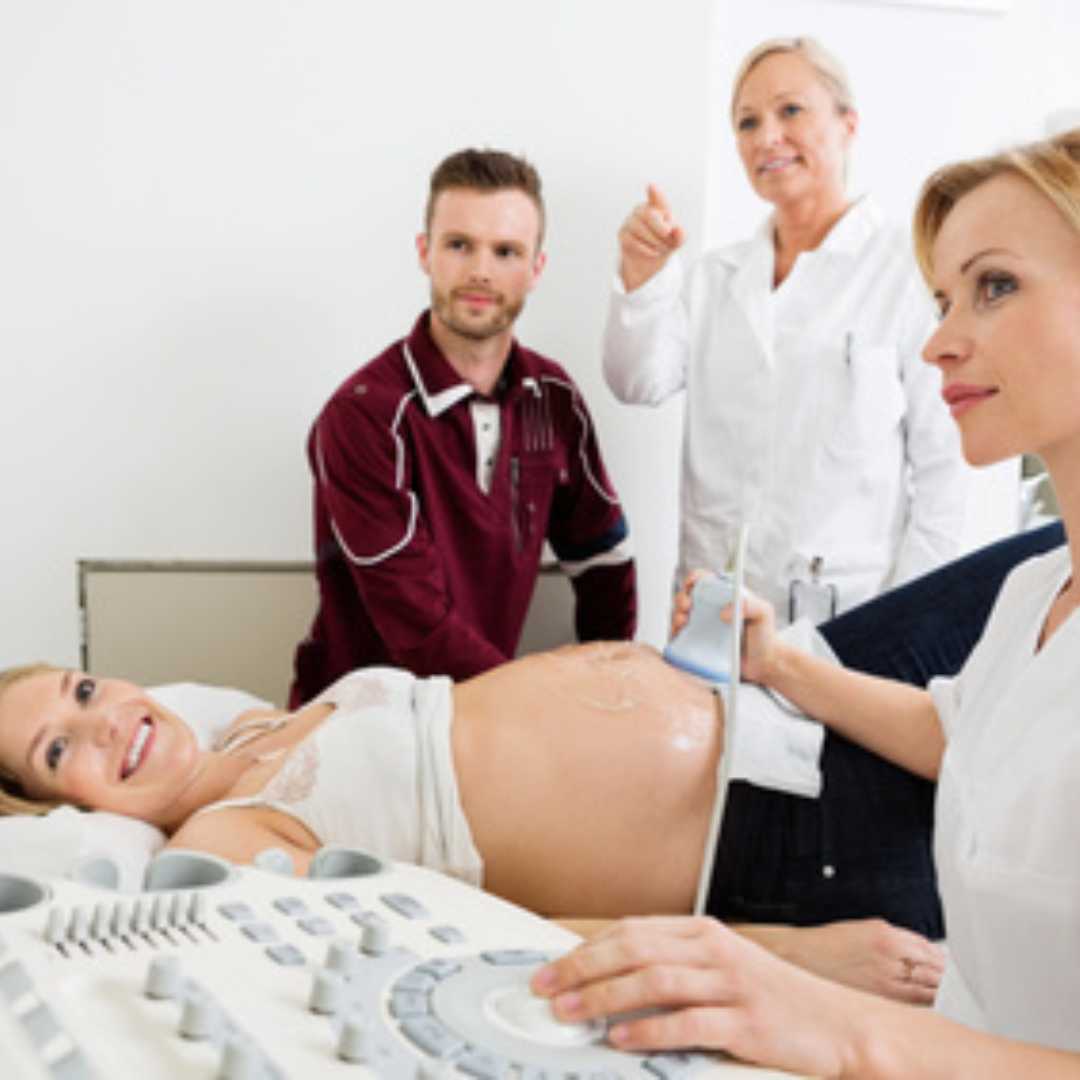


.png)
.png)
.png)
.png)
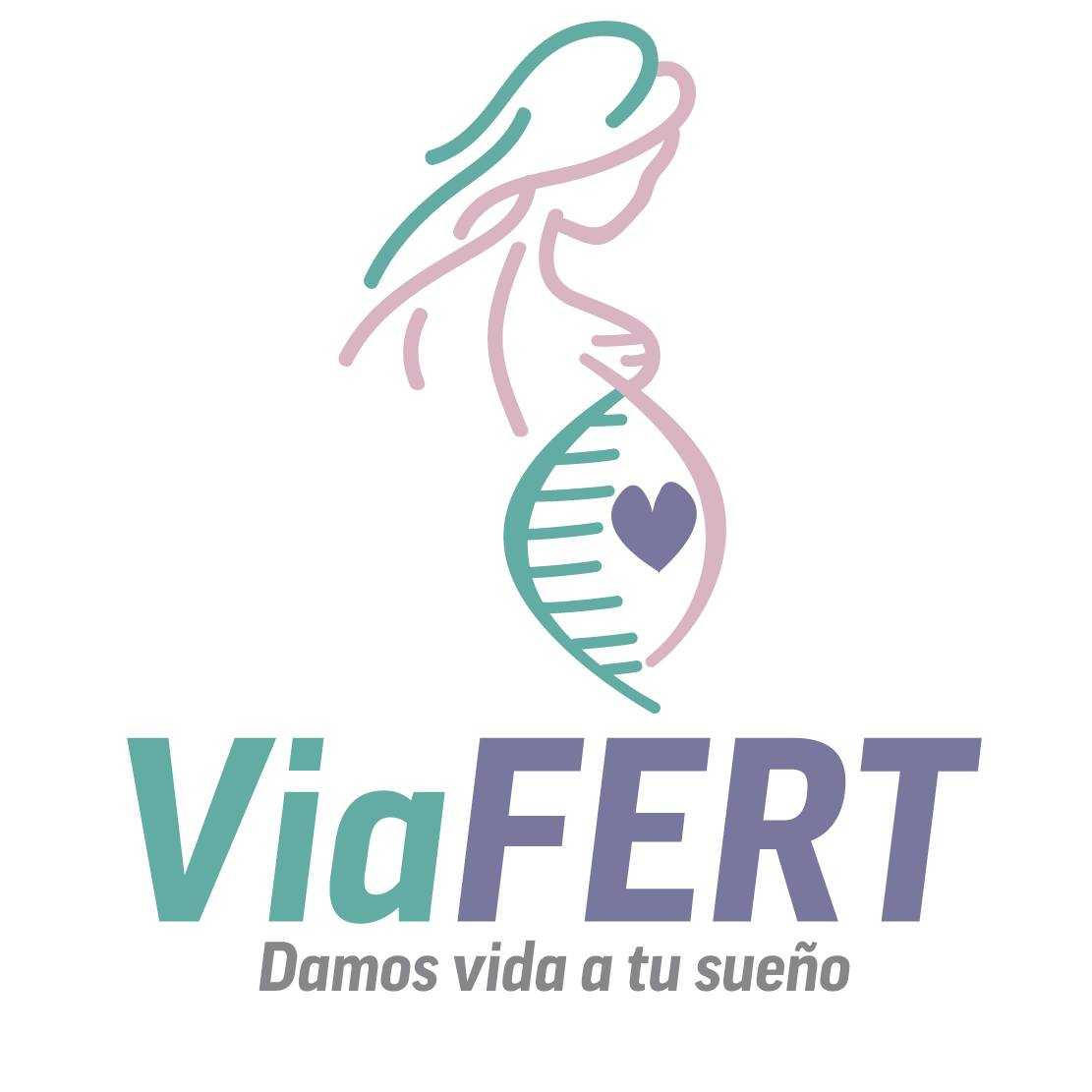
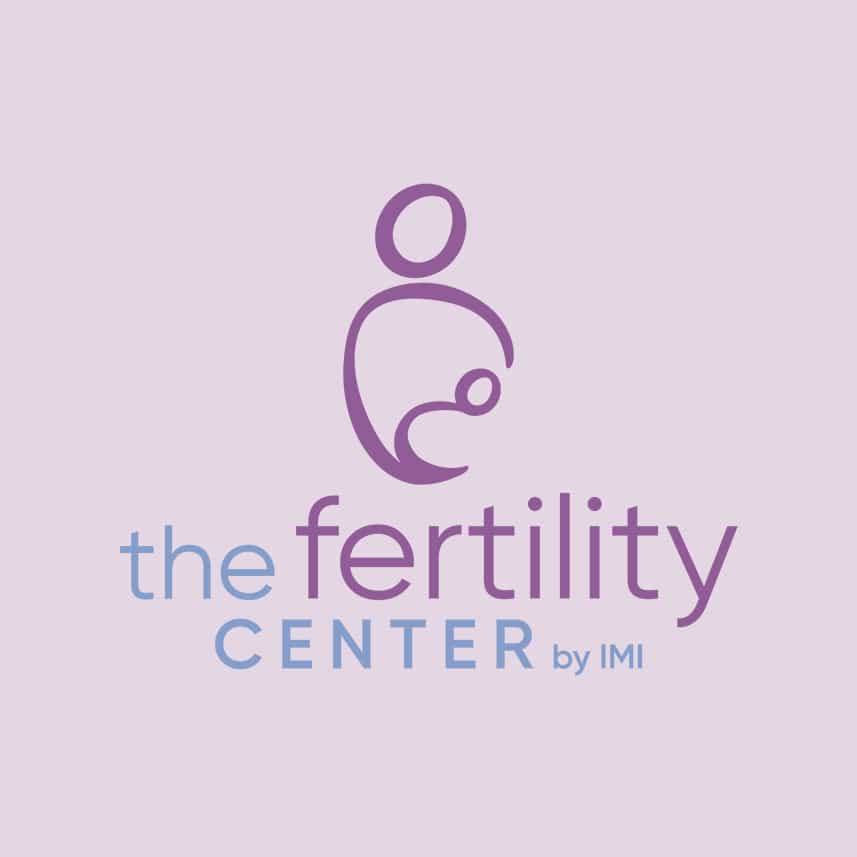
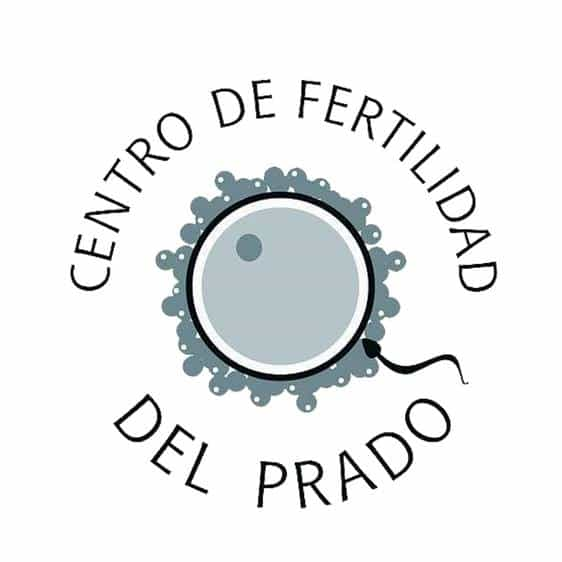
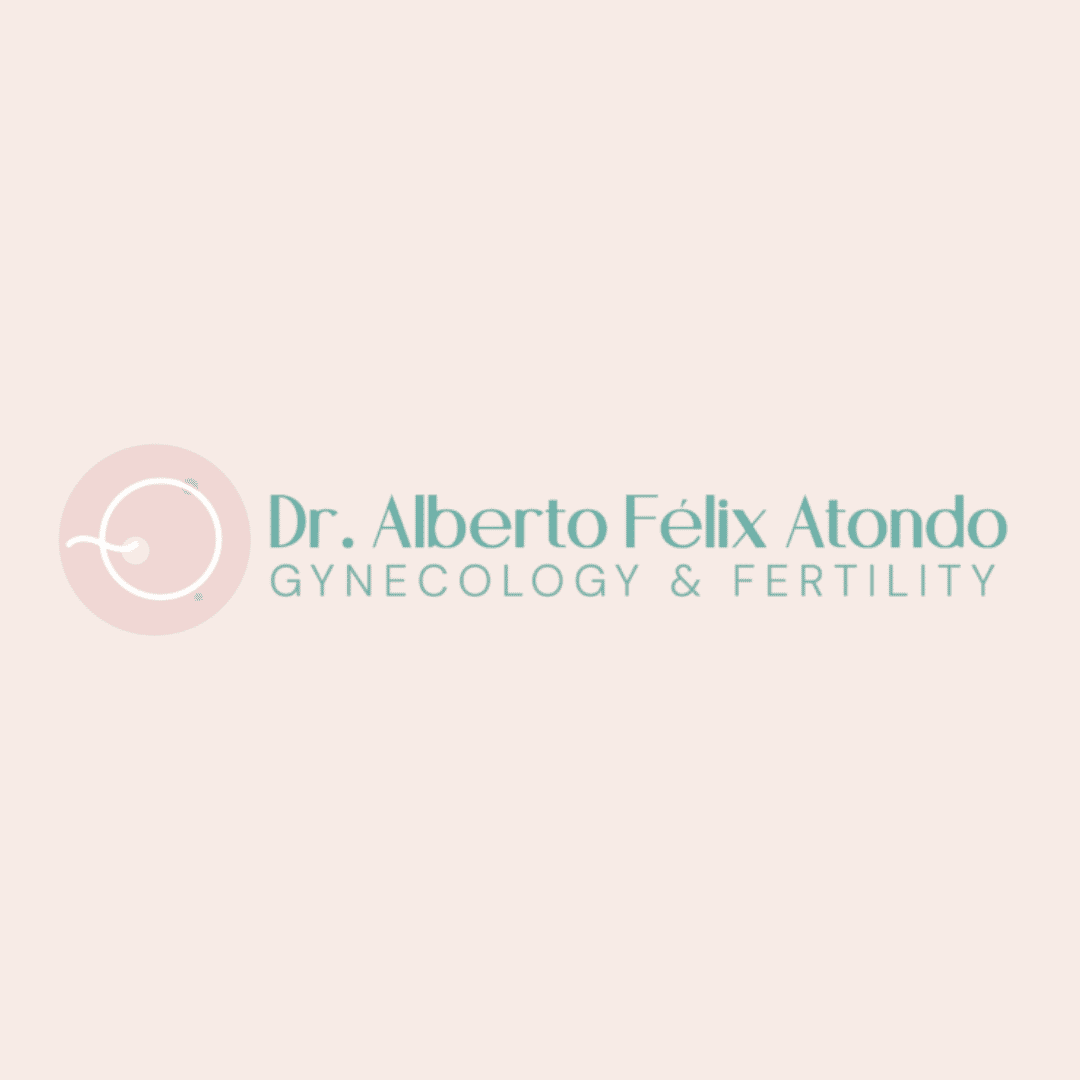
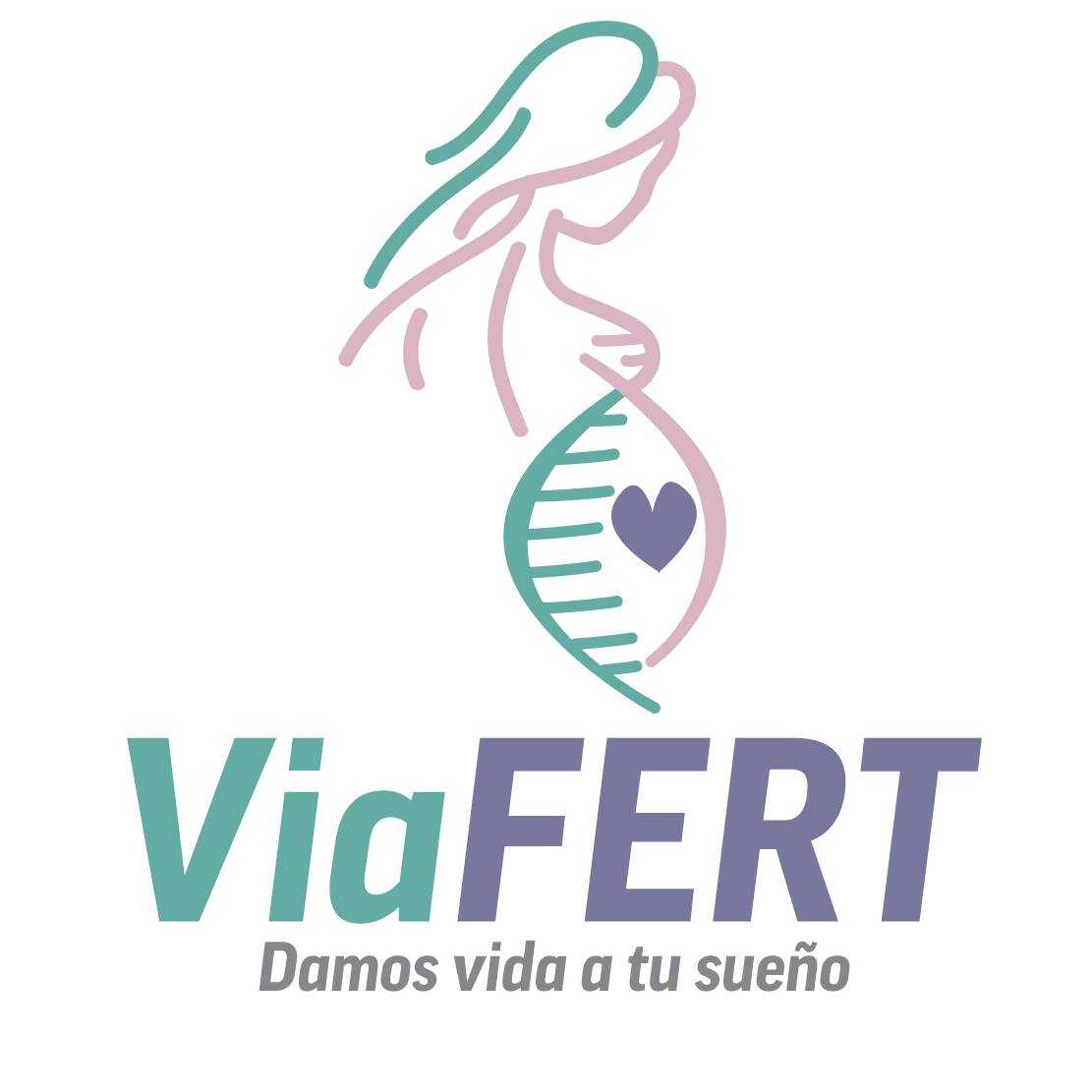

Share this listing